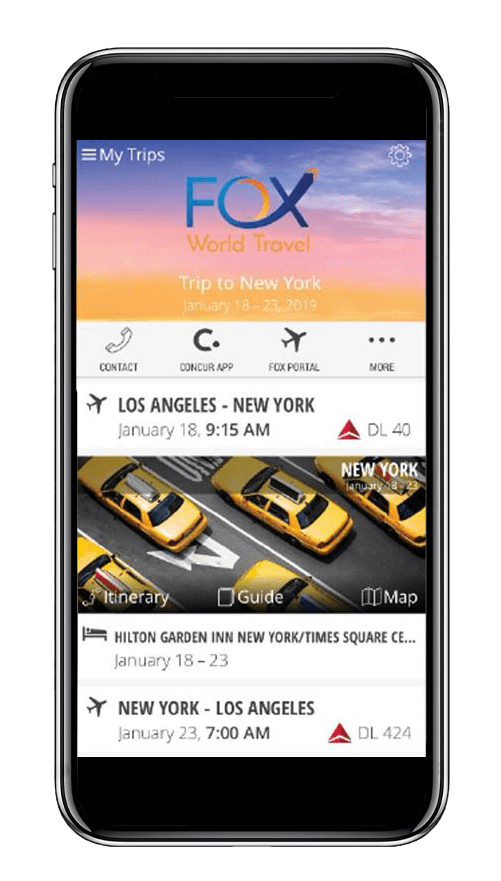Skiplagging – A New Name for An Old Practice
In an attempt to do anything possible to find the lowest possible airfare, consumers are “Skiplagging”, the practice of booking an itinerary where the stopover is the actual and intended destination of the traveler.
While the name is new, the practice of Skiplagging is not. It has existed in the airline industry for many years and has most commonly been known as “hidden city ticketing” or “point beyond ticketing”. The term Skiplagging has evolved as there is a website (www.skiplagged.com) that makes the practice very easy for today’s air traveler (note: the website charges a ticketing fee to use their service).
To understand why consumers would take these steps to circumvent the airline industry’s pricing model, one must understand how airlines actual price their flights. Prices are set based on supply and demand and not distance traveled.
For example, a passenger wants to fly non-stop from MKE to DTW. Delta Air Lines is the only carrier to offer nonstop service in this market. The OW Basic Economy fare for a flight on October 24th is $209 and the main cabin fare is $229. Now pick a city “beyond” DTW, lets use GRR (Grand Rapids MI). The OW Basic Economy fare is $129, and the main cabin far is $159. So, in this example, the passenger buys a ticket MKEGRR but gets off the plane in DTW, their intended destination. Savings to the passenger is between $70 and $80 dollars.
Delta Air Lines charges more to go MKEDTW than it does MKEGRR simply because of supply and demand. Delta Air Lines is the only carrier with a nonstop flight in the MKEDTW market. There are multiple carrier options in the MKEGRR market. There is nothing wrong with this, as all airlines price (and they should) based on supply and demand and value they bring to the passenger.
While Skiplagging is technically legal, there are risks to the passenger and airlines do have the ability to respond and take action. A passenger cannot check a bag as the bag is checked through to their final destination. In the example above, a checked bag will end up in GRR and not DTW. If a flight is cancelled, the airline may offer protection on a different airline with a new itinerary that does not include the desired final destination. That passenger flying MKEDTWGRR on Delta Airlines could be protected on United Airlines, flying MKE to ORD, and then GRR. DTW is no longer an option. And if the passenger in my example had purchased a roundtrip ticket MKEDTWGRRDTWMKE and deplaned on the outbound in DTW, the airline reserves the right to cancel any downline space after the passenger fails to board the DTWGRR flight, essentially forcing the customer to buy a new ticket to get back to MKE.
And most importantly, when a passenger buys a ticket with any airline, they are agreeing to the airlines “Contract of Carriage”, which outlines the duties, rights, and liabilities of both parties. Airlines have the right to set their prices, set their policies and ticket rules, and expect the passengers who purchase tickets follow these policies and rules. Skiplagging is breach of the Contract of Carriage by the passenger. If this practice continues on a specific carrier, the carrier can take action against the passenger including suspending that passenger from flying on them or suspending the passenger’s frequent flier program.
Any consumer considering Skiplagging must weigh the short-term benefit with a possible very unfavorable outcome.
Additional Resources:















